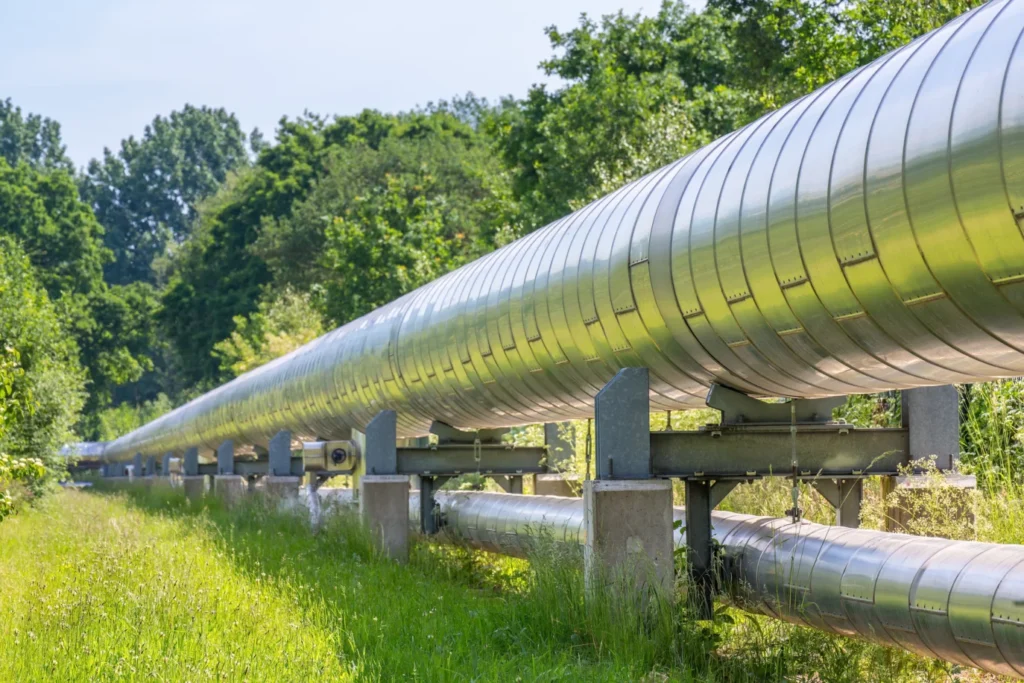Supported by renewable electricity production, transitioning existing natural gas infrastructure to accommodate new gases through retrofitting and repurposing is essential. Combined with increased electrification and improved energy efficiency, these steps form the backbone of a resilient future energy system.
Achieving seamless integration of the gas market requires strong political commitment and cooperation between Baltic states.
Lithuania’s partial integration with the Baltic-Finland zone illustrates the challenges of achieving a unified market. Addressing these integration gaps is essential for maximizing regional operational efficiency.
Adapt what you have
A successful energy transition also mandates comprehensive coordination between the gas and electricity sectors. This includes aligning renewable energy infrastructure expansion with gas infrastructure enhancements.
Adapting current facilities, like Latvia’s underground gas storage, to handle new gases and manage high-demand periods is necessary. A complete reassessment of gas network development plans ensures the feasibility of supplying gas to smaller, remote areas.
The investment required for gas sector decarbonization, though substantial, is justified by long-term environmental and economic benefits.
The study finds that the average production costs of biomethane, projected to be the dominant fuel in 2050, will be significantly lower than natural gas prices at €52.5/MWh versus €96/MWh.
The transition promises increased economic output, job creation, long-term energy cost reductions, and decreased reliance on imported fuels.
The costs of delay are enormous, not just in economic terms but in human lives and environmental degradation.
The year 2023, the hottest on record, brought unprecedented extreme temperatures and “once-in-a-century” storms, causing widespread drought, disease, and resource conflicts. These adversities hit the most vulnerable communities hardest, exacerbating existing inequalities and threatening livelihoods.
A transformative opportunity
The Baltic-Finland common gas market offers a transformative opportunity to reduce total gas demand and import needs, thereby mitigating regional geopolitical risks.
By advancing this transition, we not only address immediate environmental threats but also align with the EU’s broader environmental goals, setting a precedent for sustainable energy practices.
The time for action is now. We have a unique opportunity to secure a sustainable, equitable energy future for the Baltic-Finnish region and beyond. Delaying only compounds risks and costs, while swift measures promise a resilient, thriving future.
Policymakers must seize this moment to lead towards a cleaner, greener energy landscape.
Original Story at www.sei.org
